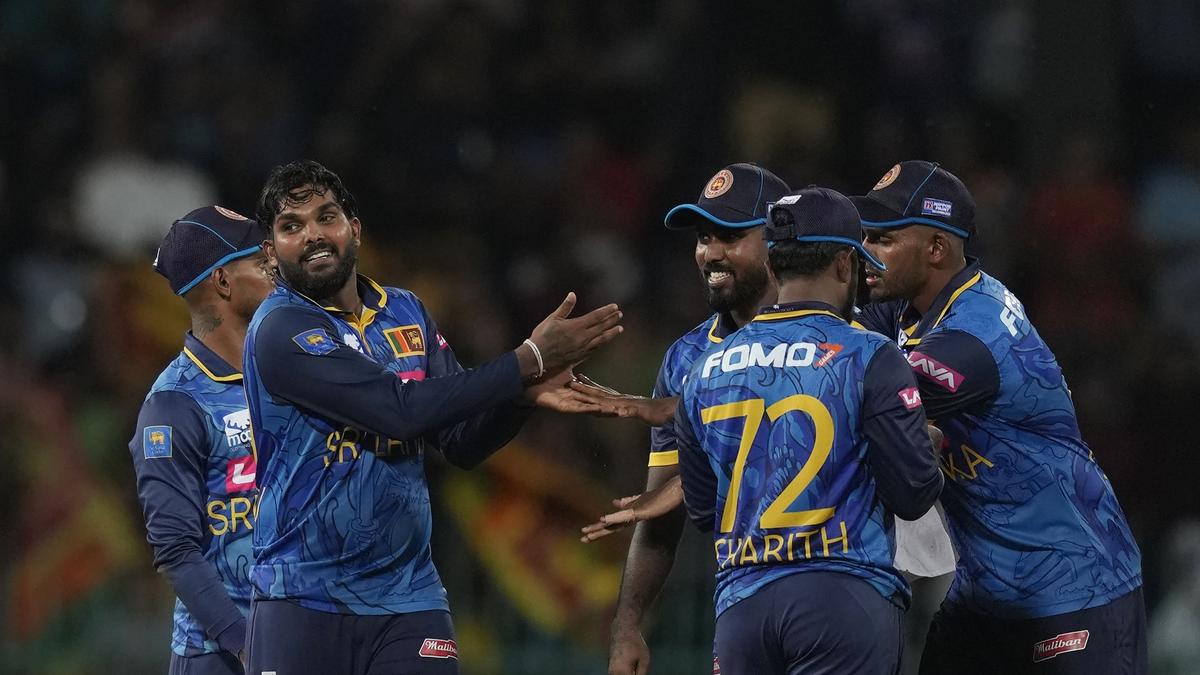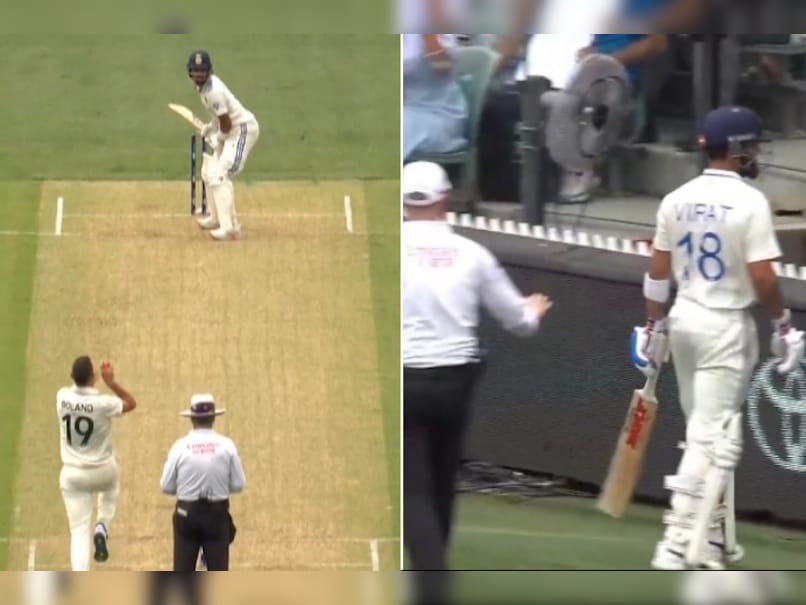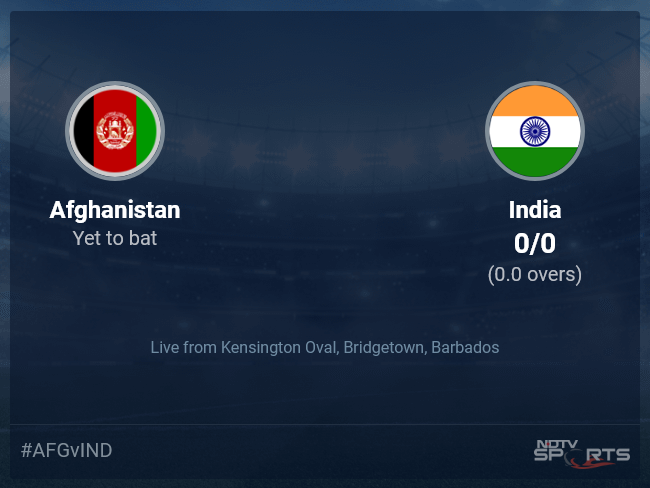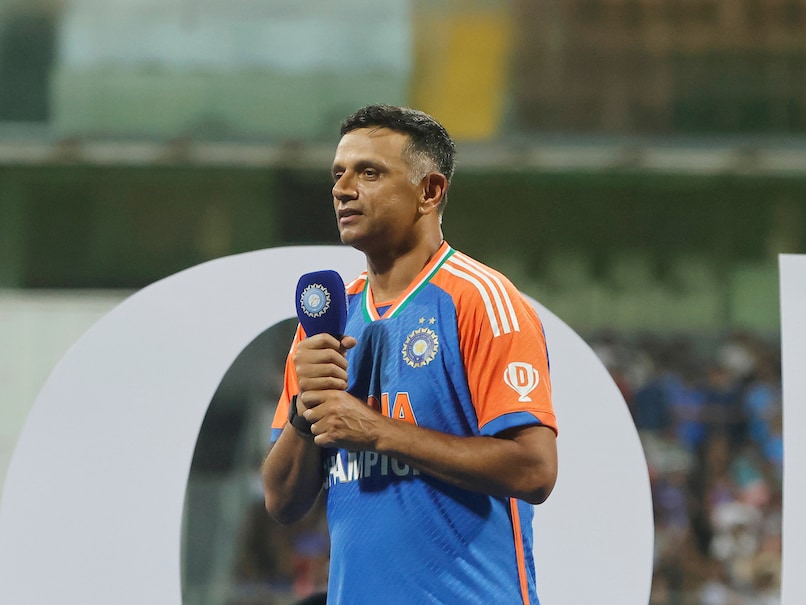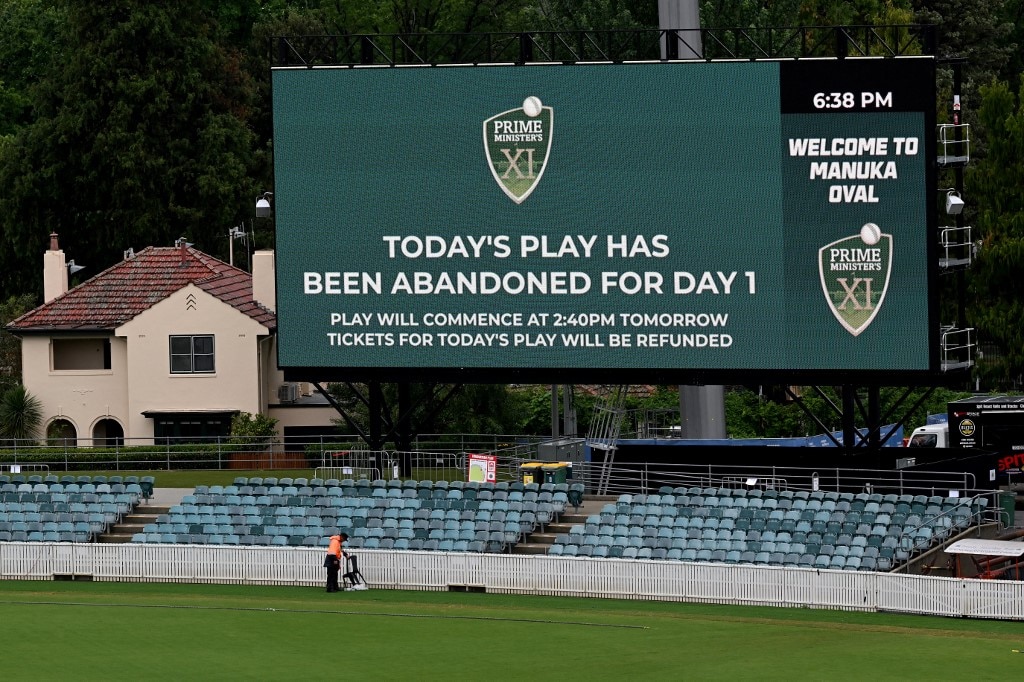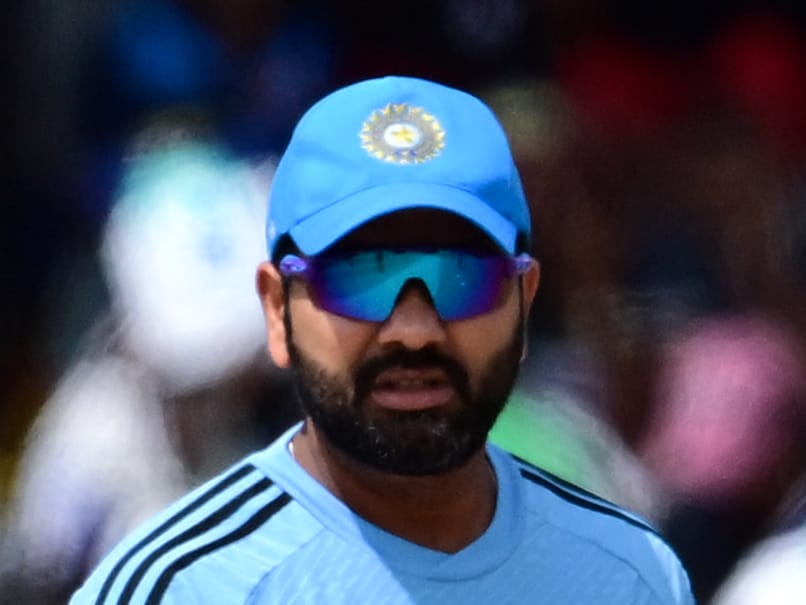KL Rahul earned a lifeline twice on Day 1 of pink-ball Test© Video Grabs
An epic incident unfolded on Day 1 of the day-night Test between India and Australia in Adelaide on Friday. India batter KL Rahul seemed to have gotten himself out for duck in the first session but a no-ball by Australia pacer Scott Boland granted him a lifeline. Rahul, who opened for India alongside Yashasvi Jaiwal, had already lost partner Yashasvi Jaiswal on the first ball of the match. Then, he seemed to have edged the ball into the hands of the wicket-keeper on the first ball bowled by Boland. But, the delivery was found to be a no-ball, keeping Rahul on the pitch.
However, when the on-field call went the favour of the bowling side, India’s No. 4 batter Virat Kohli walked out to replace Rahul on the pitch. But, he had to be sent back by the umpires as the no-ball from Boland prevented Rahul from being dismissed.
Virat Kohli coming out then realised KL RAHUL was not out and it was no ball
#AUSvsIND #YashasviJaiswal #RohitSharma #PinkBallTest #ViratKohli pic.twitter.com/LshPejTSpi
— Kumar Dharmasena 1 Million (@DharmasenaNews) December 6, 2024
What’s interesting to see is the fact that Snicko showed no spike when the ball went past Rahul’s bat. It isn’t clear whether the India star had any intention of reviewing the call.
Later in the same over, Rahul was dropped by Usman Khawaja in slips, earning another lifeline, much to the disappointment of Boland and Australia.
KL Rahul- Luck
| Border Gavaskar Trophy | 2nd Test | Star Sports #ToughestRivalry #BorderGavaskarTrophy #AUSvINDonStar pic.twitter.com/kMeYcVt3kS
— Star Sports Tamil (@StarSportsTamil) December 6, 2024
Rahul was eventually dismissed for 37 runs off 64 balls, with Mitchell Starc bagging his second wicket of the day.
Earlier, India captain Rohit Sharma won the toss and opted to bat first. India made three changes for the game, bring in Shubman Gill and Ravichandran Ashwin other than the skipper himself. Devdutt Padikkal, Dhruv Jurel, and Washington Sundar made way for the trio for the pink-ball Test.
Topics mentioned in this article





